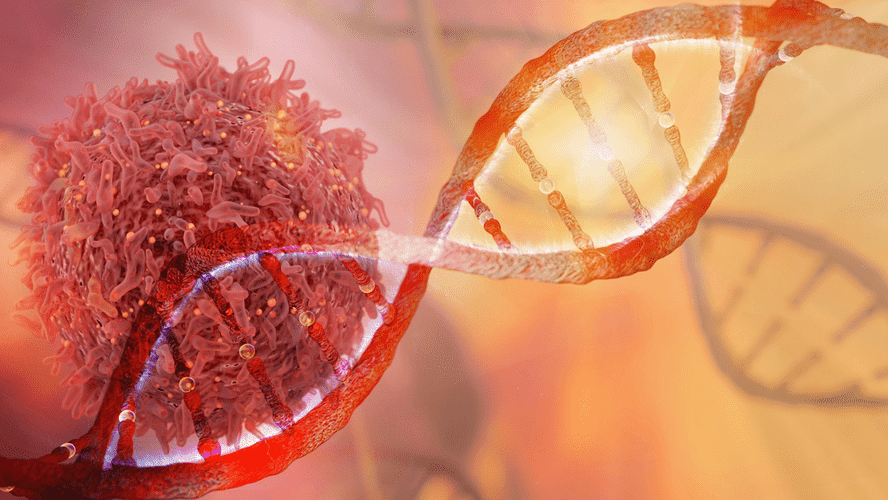Sherri Gordon, CLC is a published author, certified professional life coach, and bullying prevention expert. One example is being referred to Alcoholics Anonymous (AA) on the presumption of AUD. In such cases, a person might start to question the diagnosis and abandon treatment altogether even if another condition, such as NPD, actually exists. Children who were abused or raised in poverty appear to be more likely to get both conditions. Studies of twins have shown that the same things that lead to heavy drinking in families also make depression more likely. In some people, the initial reaction may feel like an increase in energy.

Data extraction
These interventions address the psychological and physical aspects of both mental illness and substance use disorders, promoting overall wellness. Such therapies may also reduce anxiety and stress, which can trigger substance use. Likewise, mental health problems increase the risk of unsafe drinking, as people often use alcohol to cope. Latest statistics from the Australian Institute of Health and Welfare show people with mental health conditions are more likely to drink at risky levels (37 per cent) than people without these conditions (30 per cent).
High Rate of Co-Occurring Disorders
One study conducted by Richard A. Van Dorn, PhD, and colleagues found that out of a sample of 34,653 people, 2.9 percent of people with serious mental illnesses committed acts of violence between two and four years following the studyŌĆÖs baseline. By comparison, 0.8 percent of those without a mental illness committed a violent act. More significantly, 10 percent of those who had a serious mental health disorder and a substance use disorder committed a violent act. Drug use and addiction can also hasten the progression of HIV and its consequences, especially in the brain. In severe cases, long-term alcohol use rewires the brain, making anxiety disorders more intense. Many treatment centers offer financing options for alcohol rehab, making professional care accessible to those in need.
Tip 4: Find new meaning in life

The neurochemical alterations induced by prolonged substance use can significantly impact brain functioning, leading to changes that may trigger psychiatric symptoms. For example, chronic alcohol consumption is known to alter neurotransmitter levels, which can contribute to mood disorders. Similarly, stimulants such as cocaine and methamphetamine can induce psychosis, mimicking symptoms of schizophrenia in susceptible individuals. Through these mechanisms, substance abuse can establish a fertile ground for the development of mental https://ecosoberhouse.com/ health disorders.
Second, AUD may undermine a personŌĆÖs psychological mechanisms to cope with traumatic events, by disrupting arousal, sleep, and cognition, Alcohol Use Disorder thus increasing the likelihood of developing PTSD. Third, AUD and PTSD have shared risk factors, such as prior depressive symptoms and significant adverse childhood events. What’s more, early detection and treatment of both conditions can greatly improve the person’s recovery and quality of life. However, it is important to note that people who have both an addiction and another mental illness often have symptoms that are more persistent, severe and resistant to treatment compared with patients who have either disorder alone. Both NPD and AUD are mental health conditions classified in the Diagnostic and Statistical Manual of Mental Disorders, 5th Edition (DSM-5).
Alcohol & Mood Disorders
You might also consider seeing a therapist who can provide you with coping tools and a means to sort out your feelings. This is especially true if you have conflicted emotions and are reluctant to speak with others who might judge you or your relationship. Similarly, using alcohol doesn’t mean a person with NPD has AUD, even if there have been incidents of extreme intoxication.
In addition is alcoholism a mental illness to co-occurring disorders, alcohol and substance use can cause specific mental health disorders. These disorders meet the criteria of mental health disorders but are specifically attributed to alcohol and substance use. These disorders are classified as substance/medication-induced disorders.
Among people in treatment for DSM-IV AUD, almost 33% met criteria for major depressive disorder in the past year, and 11% met criteria for dysthymia. However, major depressive disorder is the most common co-occurring disorder among people who have AUD, partly because it is among the most common disorders in the general population. Gateway Foundation provides quality, personalized treatment for substance use and mental health disorders. In addition to continuing our evidence-based treatment for substance use disorders and co-occurring mental health conditions, Gateway Foundation also offers mental health support to individuals not identified as having a substance use disorder. Alcohol plays a major role in social settings, relaxation, and even coping mechanisms. But behind the temporary buzz, it has a profound impact on mental health.

Schizophrenia and AUD
However, other factors were just as likely to contribute to violence, such as whether the individual had been abused as a child or if they had a parent with a substance use disorder. The most important takeaway from the study may be that when someone with a mental health disorder commits an act of violence, there are generally other factors at play. Co-occurring substance use, in particular, is a key factor in whether the individual will display violence or aggression.
- If suicidal ideation is present or suspected, risk factors for suicide should be assessed.
- More knowledge about optimal treatments for co-occurring AUD and depressive disorders is needed.
- Some programs, for example, may have experience treating depression or anxiety, but not schizophrenia or bipolar disorder.
- Furthermore, mood disorders that commonly co-occur with AUD include major depressive disorder and bipolar disorder, with lifetime prevalence rates ranging from 27% to 40% and up to 22% for 12-month prevalence.
- Mental illness encompasses a wide range of mental health conditions ŌĆö disorders that affect mood, thinking, and behavior.
- Ultimately, itŌĆÖs important to remember that a diagnosis isnŌĆÖt enough to tell whether someone is likely to act in a violent way.
Individuals with PTSD may experience intrusive thoughts, flashbacks, and heightened arousal that can significantly impair their daily functioning. To manage these distressing symptoms, some individuals with PTSD may turn to substances to numb their emotional pain or to improve their sleep. However, similar to anxiety and depression, substance abuse can worsen PTSD symptoms over time, creating a dilemma for individuals seeking solace from their trauma.
Polysubstance use is common, and many people develop multiple comorbid substance use disorders (Table 1). For example, among people with a heroin use disorder over 66 percent are dependent on nicotine, nearly 25 percent have an alcohol use disorder, and over 20 percent have a cocaine use disorder. Among people with a cocaine use disorder nearly 60 percent have an alcohol use disorder, approximately 48 percent are dependent on nicotine, and over 21 percent have a marijuana use disorder. As with single-substance use disorders, the diagnosis and treatment of comorbid substance use disorders and mental illness are complex.
Prevalence of depressive disorders and AUD
For example, among people with schizophrenia, those who took antipsychotics as prescribed were less likely to be violent than those not receiving treatment. Taking an assault weapon into a school, shopping mall, or movie theater with the intention of harming as many individuals as possible is unthinkable for most people. It makes sense to believe that those who commit these acts must have a mental illness thatŌĆÖs causing them to behave in such a way.